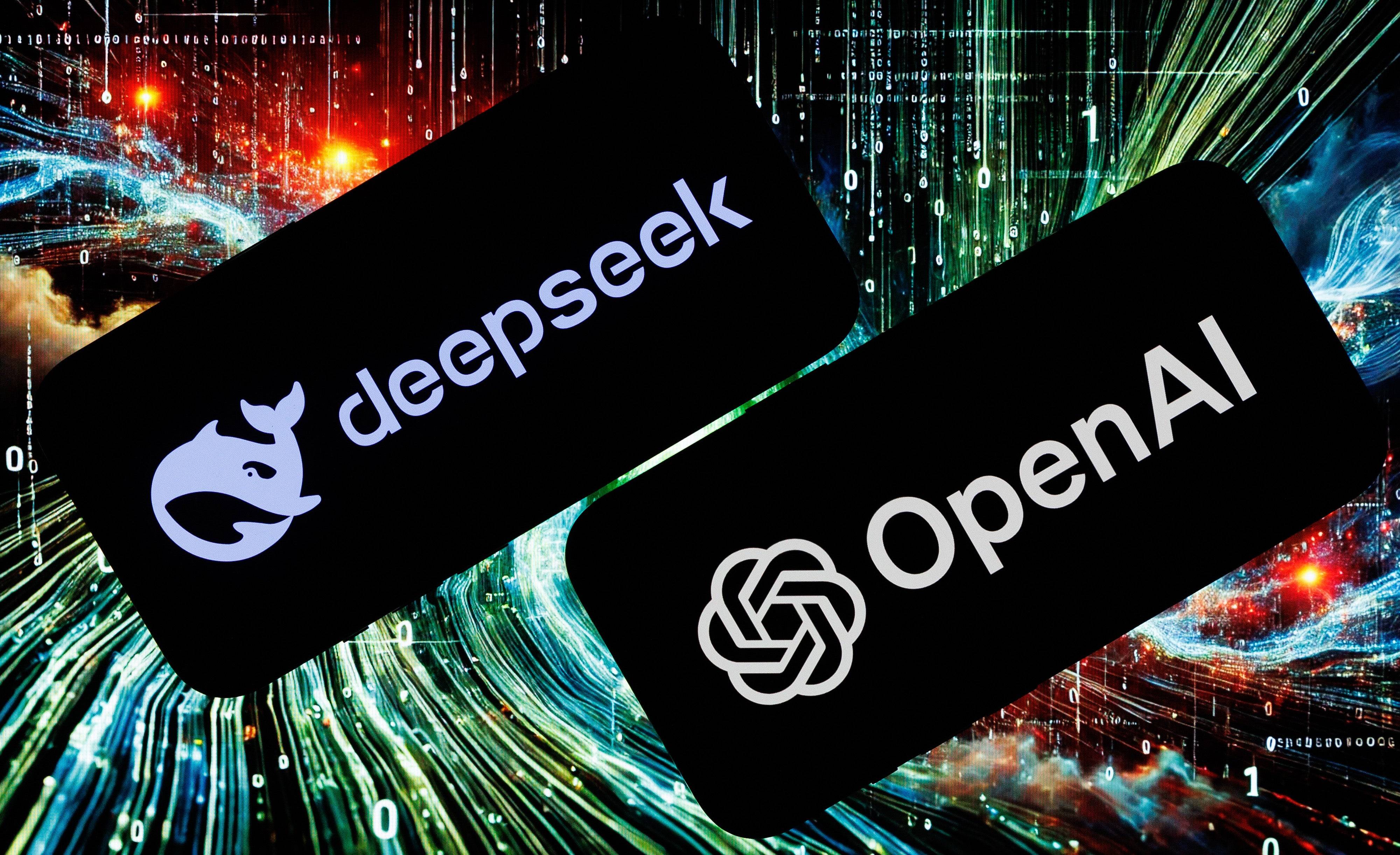The emergence of DeepSeek AI models from China has sparked significant controversy and concern within the U.S. tech industry, particularly after Donald Trump labeled it a "wake-up call." DeepSeek's R1 model, touted as a cost-effective alternative to Western AI models like ChatGPT, has led to a dramatic plunge in the stock values of major U.S. companies such as Nvidia, Microsoft, Meta Platforms, Google's Alphabet, and Dell Technologies. Nvidia, a key player in the GPU market essential for AI operations, saw its shares plummet by 16.86%, marking the largest single-day loss in Wall Street history.
DeepSeek's claim that its model was developed using the open-source DeepSeek-V3, which requires significantly less computing power and was trained at a fraction of the cost of Western models, has raised eyebrows. The model's rise to the top of the U.S. free app download chart underscores its growing popularity and the industry's shaken confidence in the hefty investments American tech giants are making in AI.
OpenAI and Microsoft have initiated investigations into whether DeepSeek utilized OpenAI's API to integrate OpenAI's AI models into their own, a practice known as distillation, which violates OpenAI's terms of service. OpenAI has emphasized its commitment to protecting its intellectual property and is collaborating with the U.S. government to safeguard advanced AI models from foreign competitors.
David Sacks, Trump's AI czar, has highlighted the evidence suggesting DeepSeek used distillation on OpenAI's models, predicting that U.S. AI companies will take measures to prevent such practices in the future. This situation has not gone without irony, as critics, including tech PR and writer Ed Zitron, have pointed out OpenAI's own history of using copyrighted internet content to train ChatGPT. OpenAI has previously acknowledged the necessity of using copyrighted materials for training advanced AI models, a stance that has fueled debates and legal battles over the ethics and legality of such practices.
The issue of training AI on copyrighted content has become a focal point in the tech industry, with high-profile lawsuits from The New York Times and a group of authors, including George R. R. Martin, against OpenAI and Microsoft. These legal actions highlight the ongoing tension between innovation in AI and respecting intellectual property rights, a debate that continues to evolve as AI technology advances.
 DeepSeek is accused of using OpenAI’s model to train its competitor using distillation. Image credit: Andrey Rudakov/Bloomberg via Getty Images.
DeepSeek is accused of using OpenAI’s model to train its competitor using distillation. Image credit: Andrey Rudakov/Bloomberg via Getty Images.









